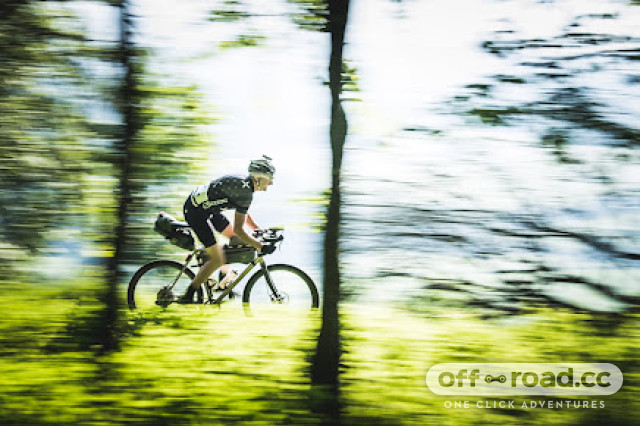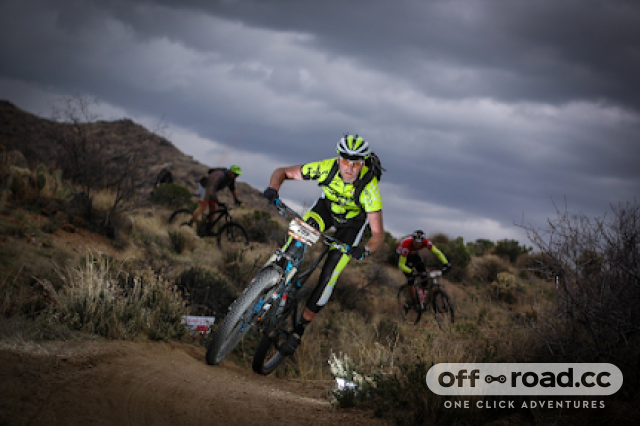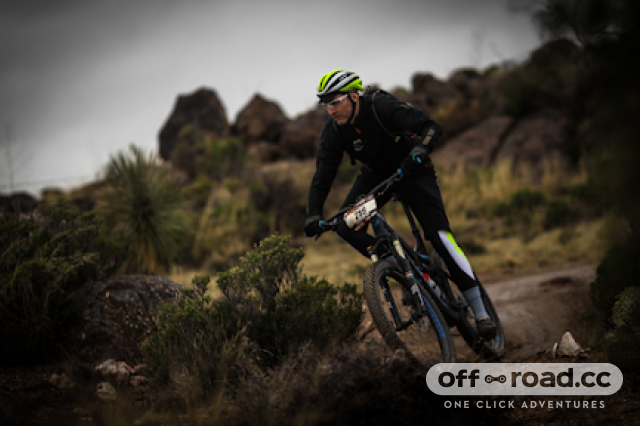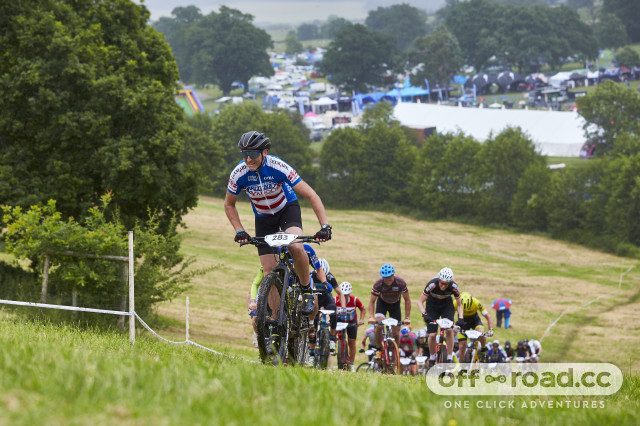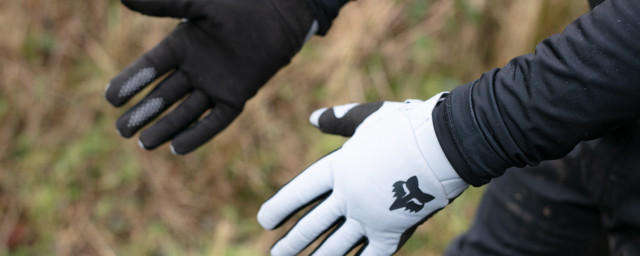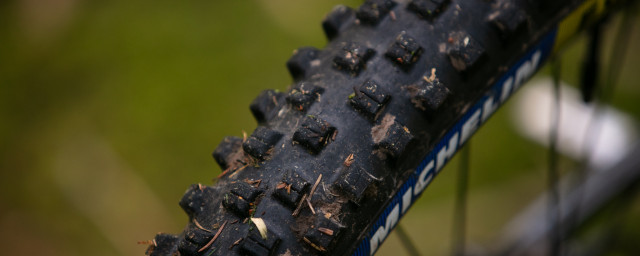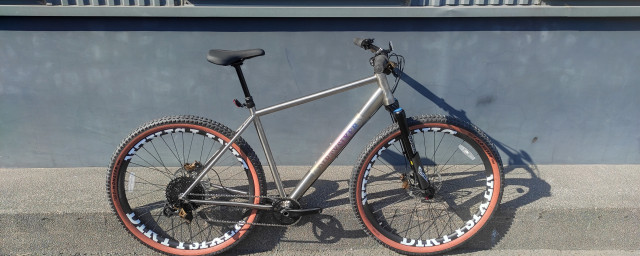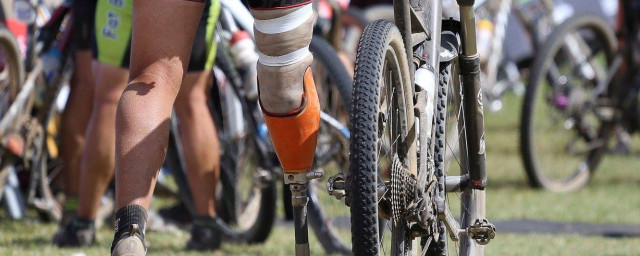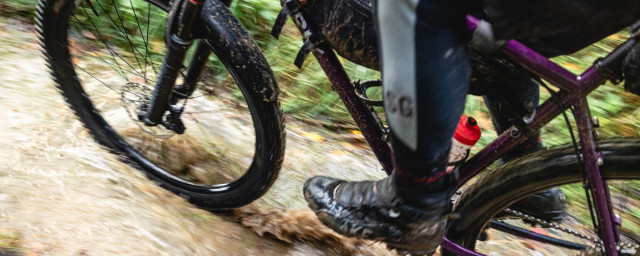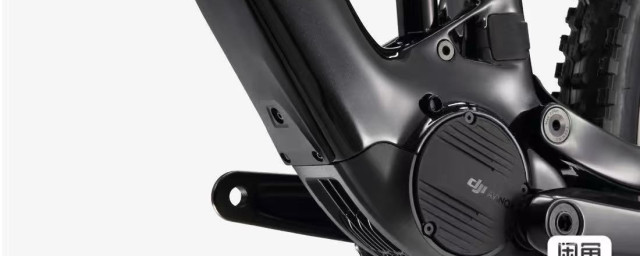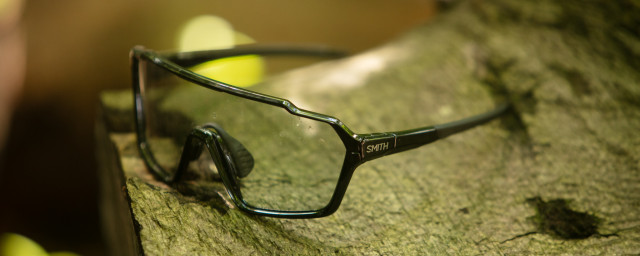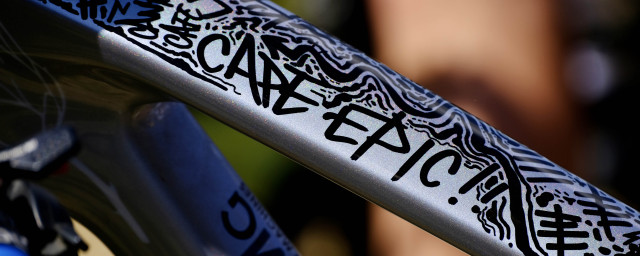Industry Insider – MTB Career Insights with Rory Hitchens
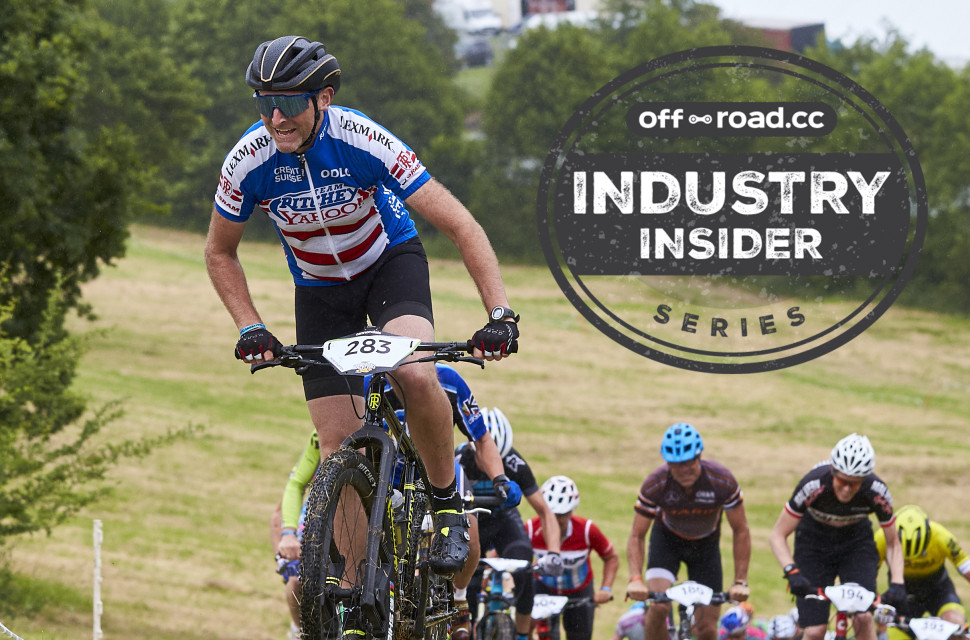
[Words by Steve Thomas - Photography courtesy of Steve Behr, Roo Fowler and 24 Hours of Old Pueblo]
If you’ve been involved in British mountain biking or the bike industry for any length of time, the chances are that, at some point, you’ve come across Rory Hitchens. He is an enthusiastic and omnipresent figure in the sport and industry for more than 30 years – and counting.
- Industry Insider: MTB career insights with Katy Curd
- Industry Insider: MTB career Insights with James Lawrence
- Industry Insider: MTB career insights with Ben Hillsdon
After discovering cycling through teenage touring adventures, Rory came across mountain biking, just as it started to kick off in the UK, he soon dropped the drops for flat bars and fat tyres. Beginning as a pioneering racer on the early UK MTB scene, his passion for the sport, the bike, and everything surrounding it led him into the bike industry, in a primarily marketing-based role.
From building up small and major brands in the UK to product development, race commentary and much more, besides, he has become one of the most respected figures in the UK bike business.
Following some challenging times in recent years, Rory took time out to re-assess life and to rebrand himself, and now he is back as a “one-man brand.”
We caught up with him to learn a little more of his story.
In your own words, who are you and what do you do?
I’m 56 years old and I live in Brighton/Hove. I'm married and have two kids. I like riding my bike, and I've spent my whole life as part of the bike industry.
What is your job?
Greenleaves Cycling is my company name. My strapline is “Build Your Brand,” and that’s what I do – I build a brand.
I've always felt that there are two things in that process, products and brands. When you're trying to market or sell something, a lot of bikes, the industry focuses mostly on the marketing and a lot on the product.
It’s often a case of “my wheels are better than your wheels,” or “my thing is lighter than your thing,” and, yes that is relevant. But not everybody knows quite how to do the slightly more subtle thing, which is to build a brand so that people want to be a part of that brand or to stay with that brand.
How did you get into what you do?
I was lucky to have left school and gone to university around the time that mountain biking first really appeared in the UK – this was between 1986/88. In 1989, I was finishing my education and joined Moore & Large as my first job. It was a big distributor that unfortunately went bust last year, after going into a management buyout the year before. I've never left the industry since then and don't intend to.
What did that first job entail?
With that role, I'm probably best known for showing the Diamondback mountain bike brand to the UK market. Later we also launched the Scott mountain bike brand here, a couple of years before it became Scott UK. I also raced for the brand and was part of setting up the race teams.
How have things changed in the mountain bike industry since you started?
It's grown, it's expanded, the products got more interesting, and there has been a lot more brain power in there, and some genius people have become involved and developed some incredible techniques.
Obviously, now there’s 3D printing involved, or additive manufacturing as it should be called. It’s changing the way people are making things.
Electronics too, we never had smartphones when I started. We never had that technology, we never had guided maps or route-planning apps.
How have things changed for you with going independent?
Now that I work for myself, I have to be very careful not to fall into the trap of working 24/7 and becoming worse at that. One thing I have changed is that I diarise everything so I know exactly how much time I spend on things.
What career mistakes have you learned from?
I would always want the best for the brands, and I had multiple brands to work with at Upgrade for example, I was trying to do the best for every brand, but sometimes that's not possible, as you're always juggling spinning plates.
One thing that I've changed, is being much more realistic about my time use because, for years, I've stolen time from myself primarily by giving it to other people and not to my family, such as not being around at weekends.
I was always working too much – mentally that is, and was just always wrapped up in the brand. I think that's common when you are passionately involved with the subject or with the product or brands. Many people do work hard in the bike industry and, as they love what they do, there's quite a lot of doing more than you should involved in with that.
Don’t undervalue yourself.
What do you like most about what you do?
I think that like most of the people I know in the bike industry, I feel that we’re part of something better than something else could be – I'm not working in insurance and, although that is useful, and everyone needs it, I’m not selling cars – which most of us use and are also useful, that doesn't float my boat, I'd rather be selling bikes.
What have been some of the highlights of your career?
Racing. I’m very proud of racing for Raleigh and GT in my early days. I'm very proud that I got through education, and not everybody does that – it helped me.
I'm incredibly proud of being part of the development of Exposure Lights, and to see that brand still being so successful. I'm very proud of what I did with Lezyne. It's a powerhouse brand now, and I had a key part in that success in the UK.
The bike industry now finds itself in a tough situation in terms of the cost of living and lingering issues induced by the pandemic. Do you see it recovering any time soon?
We all want things to level out and they are levelling out a lot now but we're still not through some of the aftershocks from what happened last year with the oversupply and under-ordering about the supply conundrum.
My feeling is that it will take 3-5 years to get back up, and that was a bit of a shock for some when I said it on the road.cc podcast in April. But at the time everyone was saying that by the end of this year, everything would be up again.
We're getting through the discounted bikes, but when people don’t buy bikes, they don’t buy accessories, and the ripple effect goes right up the food chain.
It's just topsy-turvy right now and we weren't the only industry to suffer that.
How do you keep things balanced when your hobby becomes your job?
For example, last night I could have said to myself that I'm tired as I've come back from Barcelona and that a lot is going on this week – but I made time and I left work on time to go and ride with my mates in the Surrey Hills, and it was a beautiful evening.
Just 2.5 hours of riding done and that was guaranteed fun but I made the choice to take the e-bike because I know I'm a bit strung out, and I thought it was easier on my mind. I’ve learned to prioritise things that are important to me personally and to make sure that I have that life-work balance in check, which I have now for the first time but I'm still learning to better this.
What brands are you working with now, and what's coming up?
I’m just launching Guava Bikes in the UK, a Barcelona-based gravel bike brand. I’m also working on a rebranding and re-launch of an innovative drinks bottle brand, and I am in talks with a major and well-known fabric brand, who are looking to re-enter the UK cycling market.
